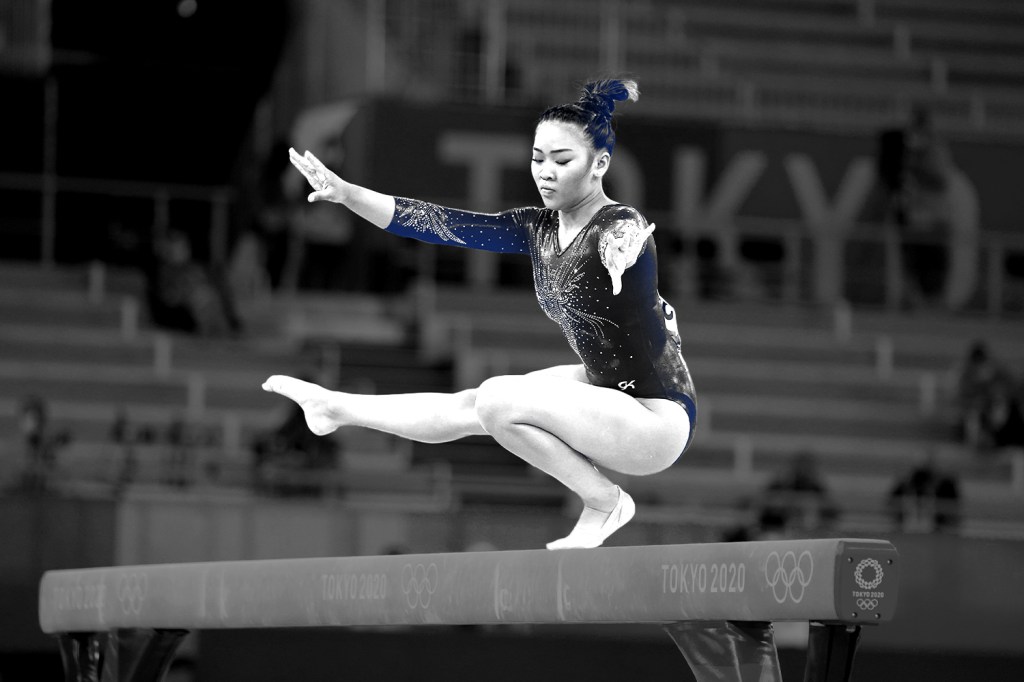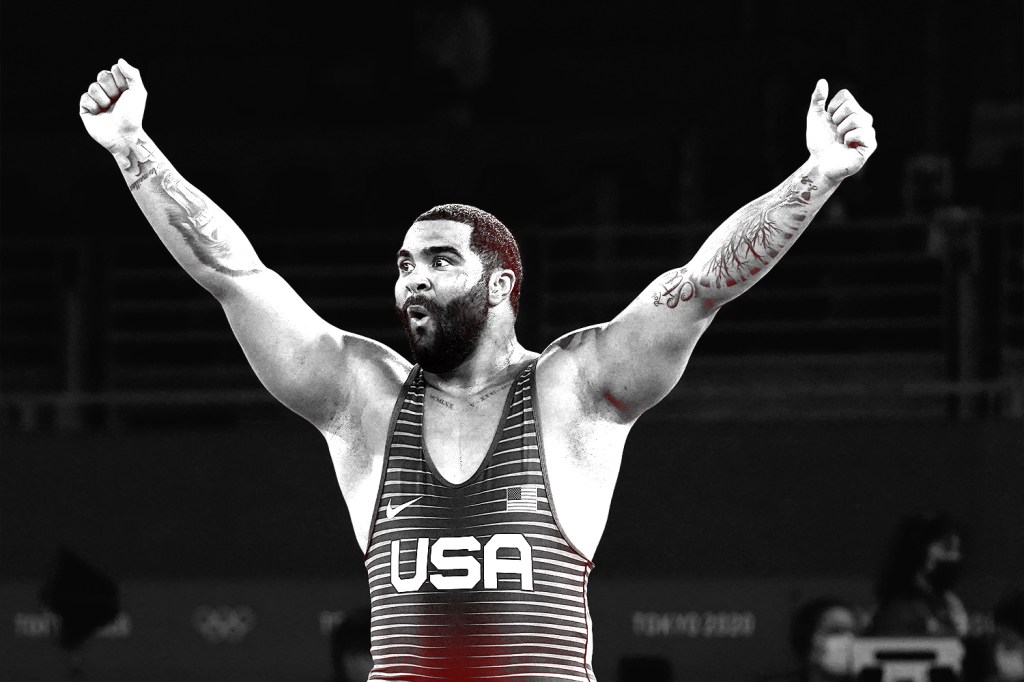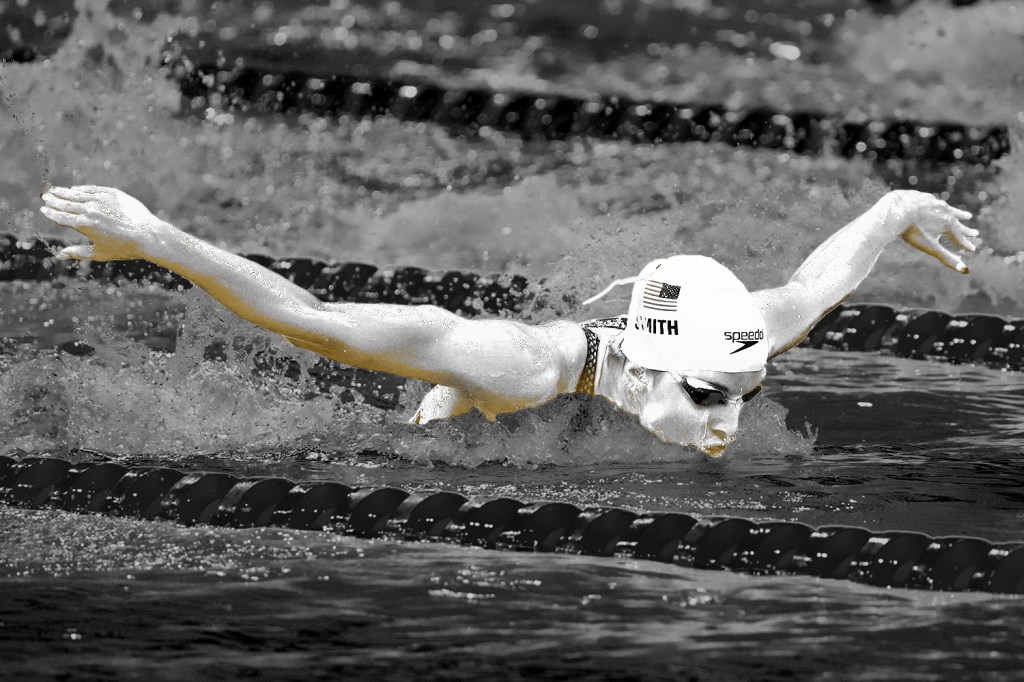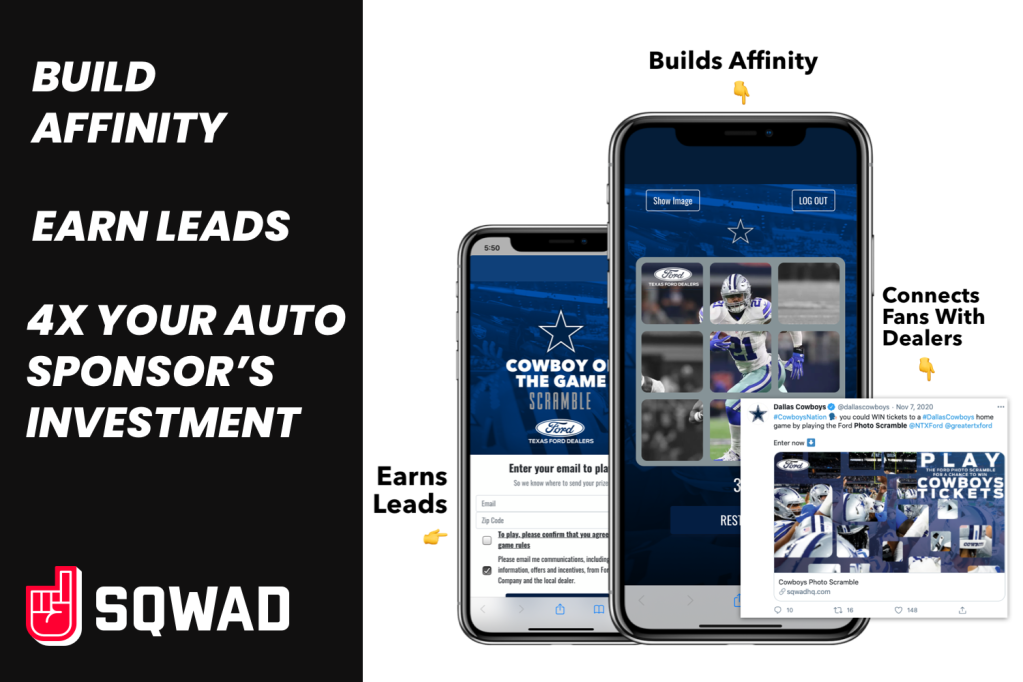By today, gymnastics gold medalist Suni Lee has arrived at Auburn University for her freshman year, according to The New York Times. It’s an opportunity many previous gymnasts had to pass up in order to immediately capitalize on their post-Olympics earning potential.
More than 40 Olympians competing in Tokyo had NCAA eligibility — and 26 of those athletes competing for the U.S. won medals, according to USA Today tallies.
The spotlight from the Olympics — and the athletes’ dominant performances — makes them perfect for NIL deals. And because of the NCAA’s new rules, these Olympians have an opportunity never afforded to their predecessors: They can cash in on NIL and compete for NCAA programs at the same time.
Auburn gymnastics coach Jeff Graba recently told reporters, “Thank goodness for NIL.”
Stipends and Prizes
Unlike athletes in major professional leagues, U.S. Olympians don’t earn salaries. Many use the NCAA as an Olympic pipeline and compete in the Games toward the end of or after their eligibility windows.
Some of the top athletes receive training stipends from U.S. olympic governing bodies, though those don’t top $4,000 a month. In 2020, the NCAA passed legislation letting olympic governing bodies pay for parent, coach, or trainer travel costs.
If athletes win medals, the U.S. Olympic and Paralympic Committee awards them prize money: $37,500 for gold, $22,5000 for silver, and $15,000 for bronze. Since 2001, the NCAA has let athletes keep this prize money and maintain eligibility.
NIL Doors Open
But the money they were never allowed to earn until now — which caused some Olympians to skip the NCAA altogether — will come from NIL earnings.
Some have already begun to capitalize: Wrestling gold medalist Gable Steveson, who is eligible to return to the University of Minnesota, signed a deal with energy drink company Kill Cliff. Swimming silver medalist Regan Smith, a Stanford commit, joined the Speedo endorsement team. Lee could be worth $1 million in NIL deals, according to a Sportico estimate.
Athletes can participate in post-Olympic tours held in the year after the Olympics, which help them capitalize on the increased attention.
This year, Simone Biles will host a tour unaffiliated with USA Gymnastics as her lawsuit against the governing body continues. Lee told The New York Times she’s hoping to compete in parts of the tour that don’t conflict with her new school schedule.






